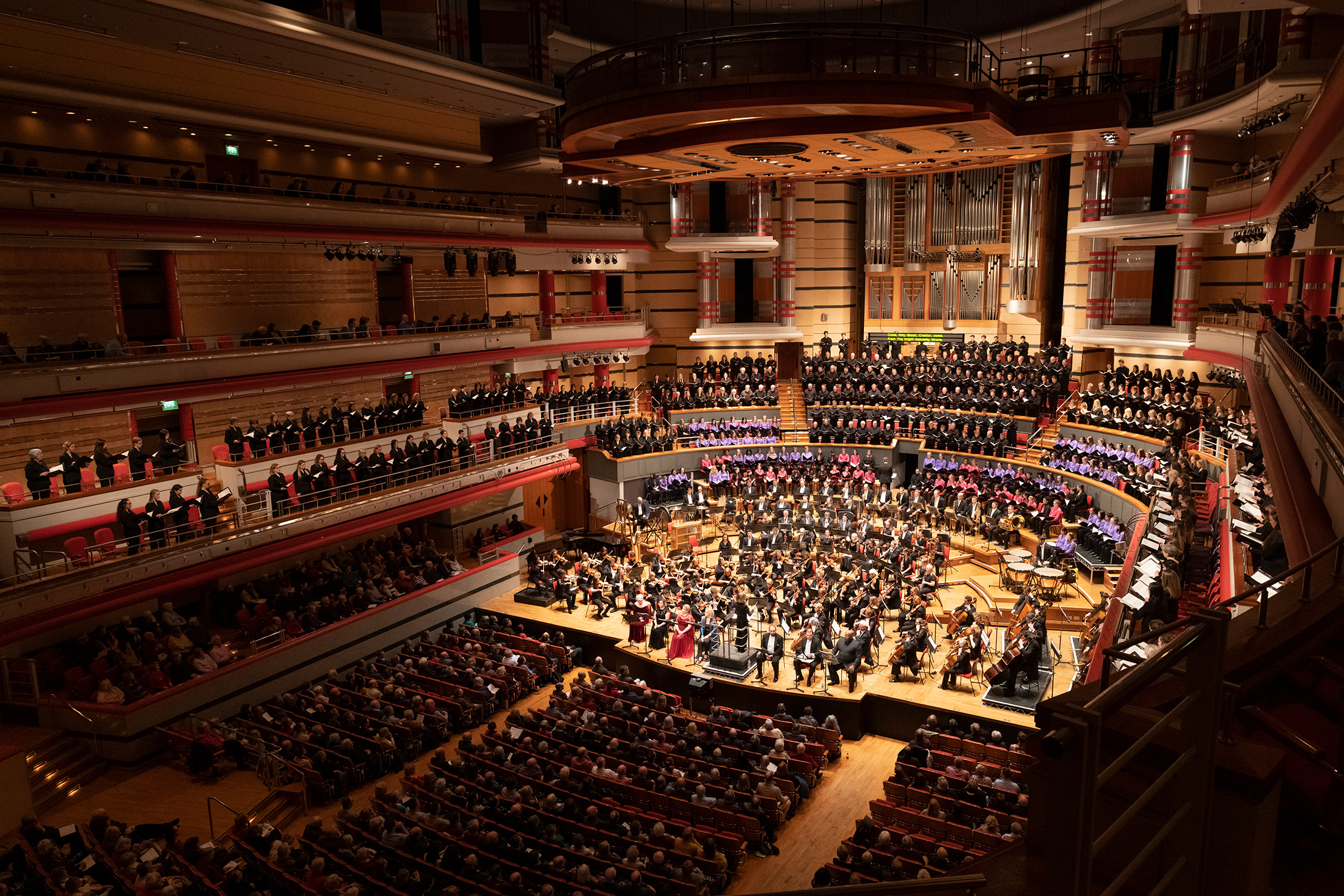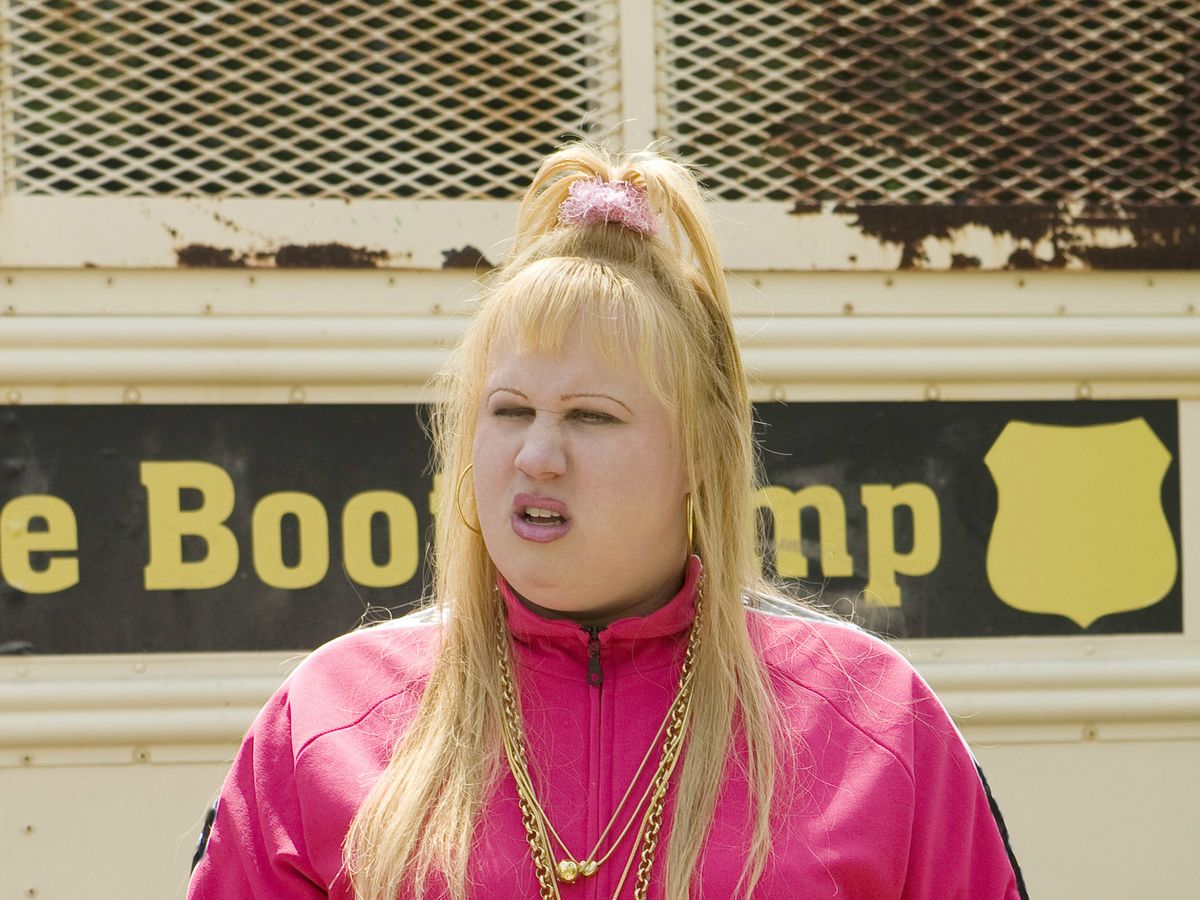ROSL remains a jewel of a competition, generously supported, and featuring a slew of engaging performances. More influencers should keep a closer eye on it.
Guildhall School graduate Kris Garfitt secured the coveted Gold Medal (and a £15K prize) at the Royal Overseas League Final last night at the Queen Elizabeth Hall, London with dazzling theatrics, charming modesty, and seemingly effortless musicianship.
His programme includeD pieces by Ropartz, Weber, and an entertaining showpiece by Folke Raba called Basta.
Chief judge (and the only man I know of who looks good in a spotty bow tie) Gavin Henderson led a considerable collection of eminent judges, and made good use of his platform before announcing the winner to draw attention to the ever-increasing demands student musicians face. A bleak future awaits those of us who take for granted the opportunity to peer at new musical talent year after year. The Royal Overseas League competition does much to fill the financial gap for a handful of the most talented.
My money was – no statement on the actual winner – on 22-year-old violinist Roberto Ruisi. Self-assured with a solid tone, out of all of the performers Ruisini took me on a journey throughout his unaccompanied Bartok sonatas. Some slips early on, eclipsed by remarkably focussed playing that come unassuming end left me hanging on a thread.
I enjoyed 24-year-old bass William Thomas thoughtfully put together programme, and in particular the opener, Brahms’ Feldeinsamkeit. Throughout his time on stage Thomas widened eyes and set hearts beating faster with a rich warm sound and precise delicate articulation. Sometimes his voice felt a little under-powered in the QEH acoustic and occasionally vowels sounded like they needed opening out at the top of his range. There warm a gratifying simplicity to his stage presence which made a possible contender for me.
Where Thomas built his programme around his strengths, pianist Joseph Havlat presented a programme which illustrate his personality as an artist. His was an unassuming presence on stage; expectations were subverted by Havlat’s dry humour in Poulenc’s playful Promenades.
The eye-catching performances of the evening were perhaps from those who had already won their categories, those showcasing whilst judges deliberated.
The Miras Trio are super-charged musicians who play with a mature kind of musicianship that belies their age. Electrifying as they were, it was The Hermes Experiment who stole the show. I’ve seen their continued rise on social media – evidence if raw talent, focus and enviable commitment – and assumed that they’ve already secured their position in the industry. I’m hoping that participation in ROSL helps widen their platform. Every performer brings an infectious energy to the stage and, speaking as a lapsed clarinettist, Oliver Pashley’s tone, articulation and all-round Pied Piper-iness is compelling. If you’re at one of their gigs and they’re asking for requests, be sure to ask for Meredith Monk’s Double Fiesta. Vocalist Heloise Werner is a marvel performing the Iberian-infused scat.
Overall this was well-produced event too. Speeches were short and punchy, with all but the most important prize winner left for the post-performance presentation.
ROSL remains a jewel of a competition, generously supported, and featuring a slew of engaging performances. More influencers should keep a closer eye on it.



